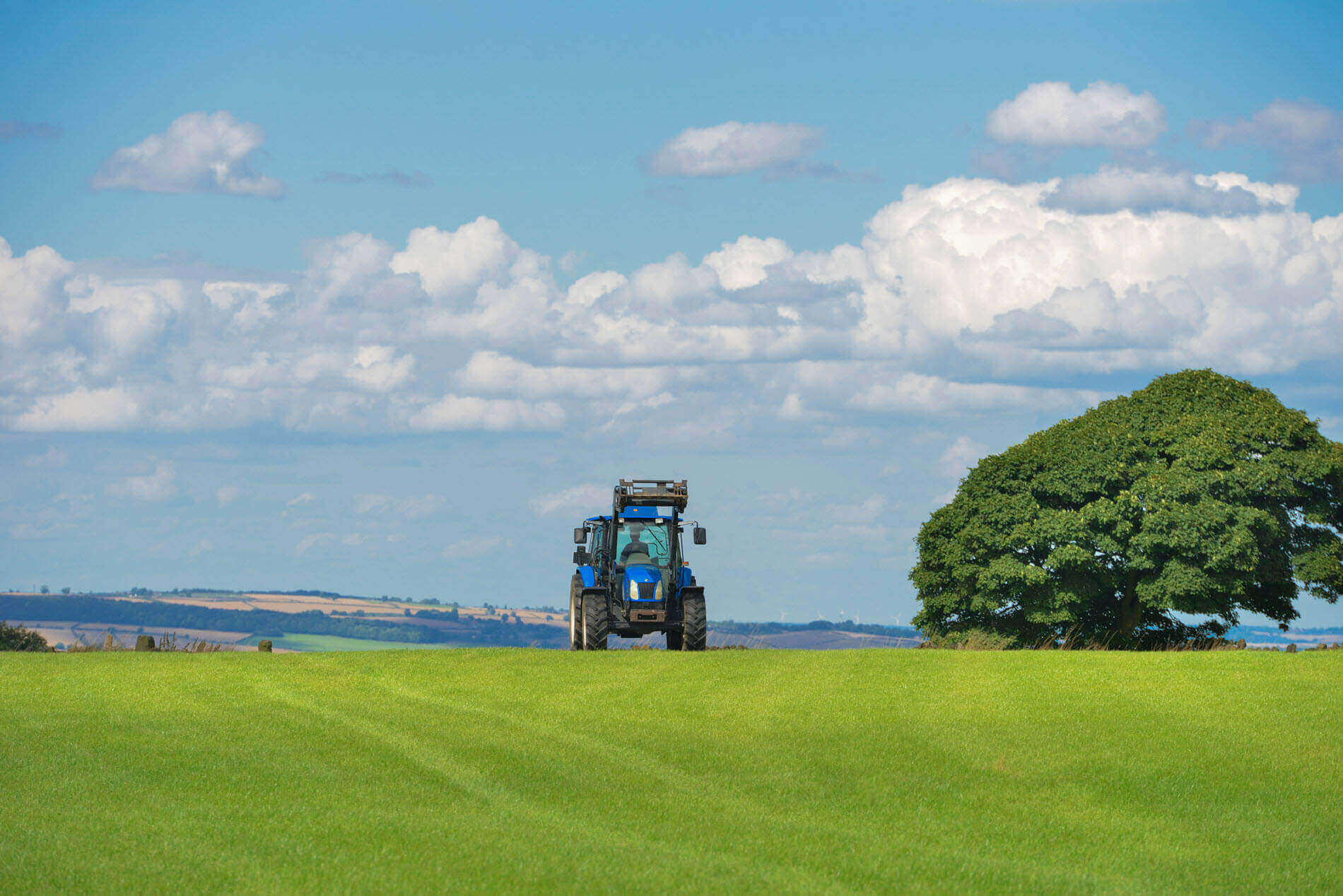There is a prayer for all of life written by David, the greatest of Israel’s Kings (c.1000 BC). The prayer is Psalm 25 where David repents before the Lord for the sins of his youth:
“Do not remember the sins of my youth,
nor my transgressions” (vs. 7)
“Show me Your ways O Lord;
Teach me Your paths.
Lead me in Your truth and teach me,
For You are the God of my salvation;
On You I wait all the day.” (vs. 4-5)
Unfortunately for many young people and for those who have already spent their youth, it is all too easy to become immersed in the activity of life so that no time can be found to serve the Lord. Giving thanks to the Lord is routinely side-lined. The remembrance of God becomes a rather remote experience, considered only to be practised and valued at a later stage in life when one is old and close to death. Who knows however, how much time we have to live? Our lives should always be lived in a way in which we continually strive to come closer to God, especially more so during our youth. It seems that youth and spirituality are viewed by many as incongruent. Youth and sport? No problem. Active social life? Very desirable. Spirituality? You cannot be serious?
Youth and spirituality however are highly compatible and critical in the practice of our Orthodox faith. This is because our overall condition and state of health, fitness and energy are at their peak when we are young. Our perception tends to be sharper and more acute in our youth as is our capacity to remember and learn, and accommodate new information than when we reach a ripe old age. Serving the Lord is not only for the frail but especially for the young and strong. If we do not build our spiritual strength when we are young we will be less able and likely to follow the spiritual path when we are older, and who is to know that we will have the same opportunities as we do now? When a person ages it is not only the physical self that loses vitality and agility, but the whole person is affected. In this there is an interesting paradox because many people are convinced they will be able to practice spirituality when they are older and have more time to do so. The opposite however usually occurs. For as the body grows weaker it is less inclined to submit to the will of the spirit. Serving the Lord must take precedence over all other things especially in our youth. Whilst we are enjoying our youth however, we do not appreciate that our days are numbered and that there is no guarantee of finding the idyllic old age we may be envisaging for ourselves. If God blesses us with many years of life, our body will nevertheless be subjected to the ills of ageing so that it is easily prone to stress, disease, fatigue, irritability, frustration and exhaustion.
Whilst we have our youth we are easily deceived into believing that we can delay or postpone the intensity of our obligation to practice our faith to the full by living a life that is pleasing to God. It does not however seem logical for the young to invest time on matters that have no immediate worldly gain.
All things good and profitable are provided to us by God; our life should not be lived and enjoyed without remembrance of Him who created all things and richly provides for us always. Our life should be lived by learning to serve God and His Church. This is not incompatible with living our lives, far from it for Christ fulfils our life and gives it true purpose, focus, direction and meaning. Christ enriches our lives and calls us away from all things vain and unprofitable.
Parent Protection Can Distort the Truth
There are many parents that actively protect their young from becoming over-involved in the life of the Church. They do this by communicating priority and support to what is worldly at the expense of communicating the value of leading a life in Christ. Critical as this may be, most young people and their parents miss this point entirely. Is it not strange to you that though we say we belong to Him (Baptism), we live our life as if it can be lived inspite of Him?
We continually dilute, comprise, weave and twist the way we apply the truth of God’s Word in our everyday lives. We do this to lessen what we perceive to be the inconvenience and disruption to our worldly priorities, which challenges our worldly facade and uncovers the futility of our mundane and vain life which counts for nothing before God. Only when we put God first does our life become truly fruitful, profitable and pleasing to God.
All our hope is with God, if we do not learn to cling to Him in our youth it will be all the more difficult for us to turn to Him in our latter years. We are especially more able and capable in our youth to follow Christ. It is in our youth when our path should be set to learning the knowledge of the truth. We are accountable for all our actions even those of our youth.
“Rejoice O young man in your youth, and let your heart cheer you in the days of your youth; walk in the ways of your heart and the sight of your eyes. But know that for all these things God will bring you into judgement.” (Ecclesiastes 12:9)
Parents and Godparents
Parents and Godparents have a special obligation to teach their children the ways of the Lord from a very young and impressionable age. “Let us consider everything as secondary to the provident care we should take of our children,” (St Chrysostomos, Daily readings ed. A Coniaris pp. 110) and our “bringing them up with the training and instruction befitting the Lord.” (Eph. 6:4) “If from the very beginning they are taught to be a lover of wisdom,” says St John Chrysostomos, “then they have acquired a wealth superior to all other wealth and a glory superior to all other glory. You will achieve nothing as great by teaching them an art, and giving them that profane learning by which they will gain riches, as by teaching the art of despising riches. If you desire to make them rich, do this. For the rich man is not he who desires many riches and is encircled with abundant wealth, but he who has need of nothing. Discipline your children in this, teach them this. This is the greatest of riches. Do not seek how to give them reputation and high fame in profane learning, but consider deeply how you will teach them to despise the glory that belongs to this present life.”
Fr Emmanuel Stamatiou

















